Forty years of “dualization”, or in other words, polarization, by the Islamic Republic, and the elimination of critics and opponents since the 1979 Islamic Revolution, has led to the creation of a majority that opposes the ruling Shia clergy and a minority that supports them. Now tens of millions of people, including some who were once within the regime, want to see an end to the Islamic Republic.
“A Study of the Epistemological Foundations of the Justification of State Punitiveness based on the Construction of Offenders as Enemy” is the title of a study in the latest issue of the Iranian journal Criminal Law Research. It aims to show how the concept of “outsiders” or “otherness” was created, and how the activities of these “others” were criminalized to prepare the ground for punishing them. “Perhaps one of the oldest and most pervasive tools that states use to justify their mistreatment of offenders and to oppose minorities is to build a dual enemy-citizen structure by implementing a ‘naming’ strategy,” the paper says.
The article tries to show how, in the past four decades, the Islamic Republic has brought “punitiveness”, the strong desire to punish by whipping, imprisonment and executions, into its judicial and security systems by passing laws that turn a legal offence into a security crime, and how that has turned offenders and the defendants into the “enemy”.
The article asks the reader to imagine a society that is bereft of “order and rules”, is struggling with “chaos” and, in its laws, “punishment does not fit the crime”, resulting in “social conflict, lack of security, discontent, war, violence and a variety of social harms.”
But it needs no imagination to see that this is the reality of today’s Iran, where desperate people have taken to the streets and want to get rid of a regime that they believe is the cause of all their misfortunes and miseries.
“State-centered centralism accompanied with a sense of authoritarianism has a higher punitive capacity than a society-based or social system based on state-society synergy. That is because, in these kinds of communities, the government, equipped with instrumentalism and demagogy, and with a justification of violence in public opinion, and by media stereotyping and highlighting public security, seeks to establish its position by demarcating its ‘self/other’ or ‘friend/enemy’,” says the article.
Authoritarianism is defined as the “principle of blind submission to authority, as opposed to individual freedom of thought and action. In government, authoritarianism denotes any political system that concentrates power in the hands of a leader or a small elite that is not constitutionally responsible to the body of the people. Authoritarian leaders often exercise power arbitrarily and without regard to existing bodies of law, and they usually cannot be replaced by citizens choosing freely among various competitors in elections.”
In the past four decades, the Islamic Republic has turned the concept of authoritarianism into reality by concentrating power in the concept of the Guardianship of the Islamist Jurist (Velayat-e Faqih) and in the hands of Supreme Leader Ali Khamenei. The most important characteristic of this system is that Iran now is run by a small group of obedient servants of the Supreme Leader who blindly follow his orders to silence the critics and to suppress any protest.
The study states that the more authoritarian a system is, the more it embraces punitiveness. And the more the dominant discourse revolves around the “enemy” and “security”, and the more it promotes intolerance and labels more people as “others” or “outsiders” instead of friendship, peace, tolerance and consensus, the easier it becomes to sidestep the law and eliminate these “others” from the scene.
This description perfectly fits the policies of the Islamic Republic.
Such a system, says the study, enforces punitiveness with torture, limiting access to lawyers, preemptive arrests without charge, the creation of special courts, taking away the ability of the defendants to defend themselves, the inhumane conditions in prisons, and the maltreatment and abuse of prisoners.
“Replacing the justice-oriented penal system with a security-oriented system lays the groundwork for establishing the ‘enemy’ as the basic concept in the penal code of authoritarian systems,” says the study. And the Islamic Republic system fits this description to a T. It is a system that views all legal issues in this light and runs the country with this worldview.
Based on such a discourse, the legislation is based on concepts such as “fighting” and “war” that create a security-military atmosphere, and says to the executive that, instead of understanding prevailing conditions in society and the social context, the leadership must treat society with distrust, hostility and antagonism.
After this theoretical introduction, the study turns its attention to the Islamic Republic. It notes that in Iran one can see many historical examples of how the central government has acted to polarize the society into good and obedient citizens on the one hand, and second-class citizens on the other, after vilifying an ethnic, racial or religious group.
After the Revolution, the study writes, this “friend-enemy” policy has affected religious minorities more than any other group. In fact, after emphasizing religion as the demarcation line between identities and putting the majority’s religion in control of politics, the regime dismissed the whole idea of religious and identity pluralism and denied the legitimacy of differences in beliefs and ideology among citizens. All minority religious groups, from those officially recognized in the constitution including Sunni Islam to excommunicated religious groups, notably the Baha’is, unorthodox Shias like the dervishes and Yarsans and, finally, nonbelievers, are stripped of their civil rights by labels such as “unclean”, “anti-religious”, “infidel”, “spy for foreigners” and “heretics”.
This policy, the study says, also rules the political landscape as well. After all elements of the previous regime from power were removed and replaced with the institutions of the Islamic Republic in the early 1980s, it was extended to other political parties like the National Front and the Freedom Movement of Iran which had played a pivotal role in the victory of the Revolution. With the gradual elimination of all rival political parties and movements, the Islamic Republican Party became the unchallenged political power.
However, the study states, in the 1990s the political scene changed.
With the movement that won presidency for the reformist Mohammad Khatami and the popularity of new political and social concepts such as freedom, democracy, rationality and religious tolerance, the regime started to eliminate other forces within the Islamic Republic.
This policy continued relentlessly and, in 2021, the regime succeeded not only in eliminating these new rivals but also in imposing more social, cultural and personal restrictions while the economy was in ruins.
The result was a national uprising in September 2022.
visit the accountability section
In this section of Iran Wire, you can contact the officials and launch your campaign for various problems




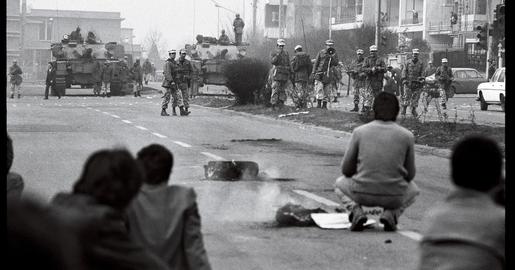
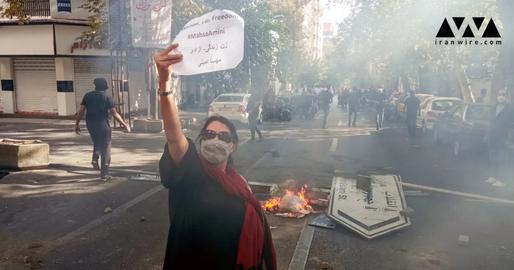





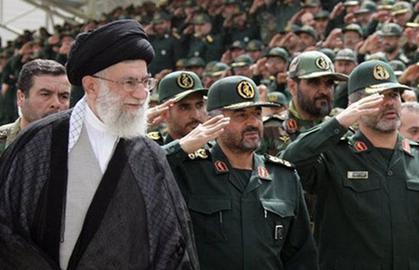
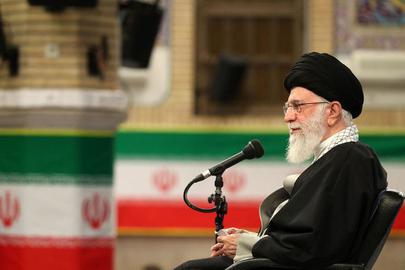
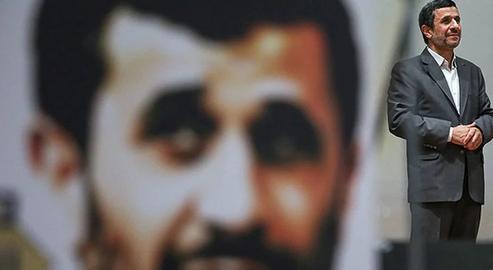
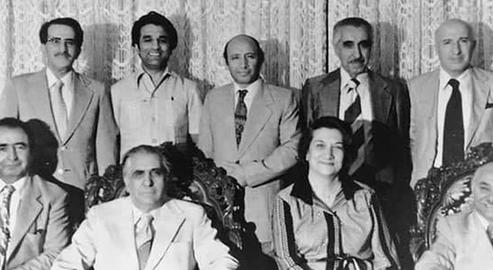











comments